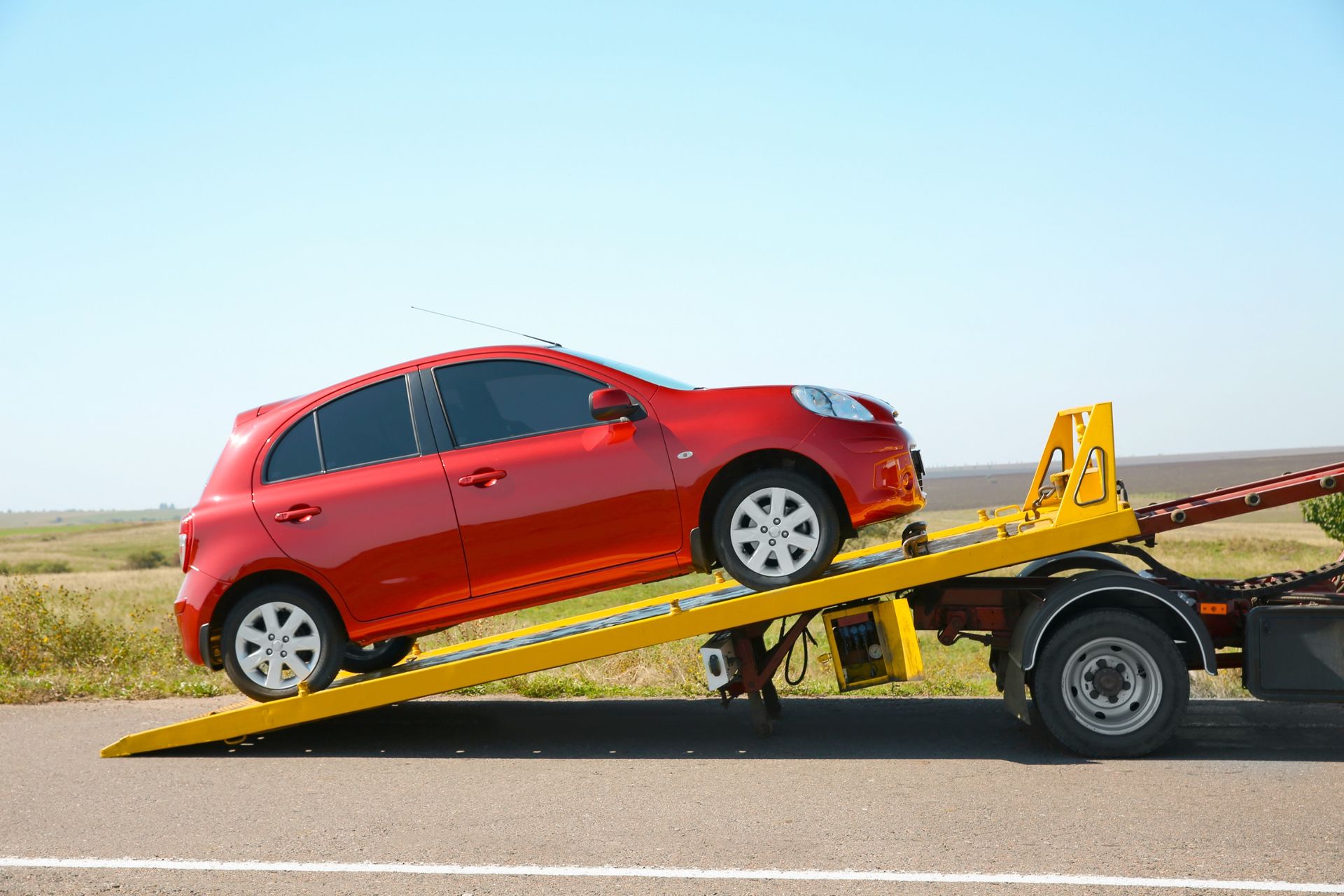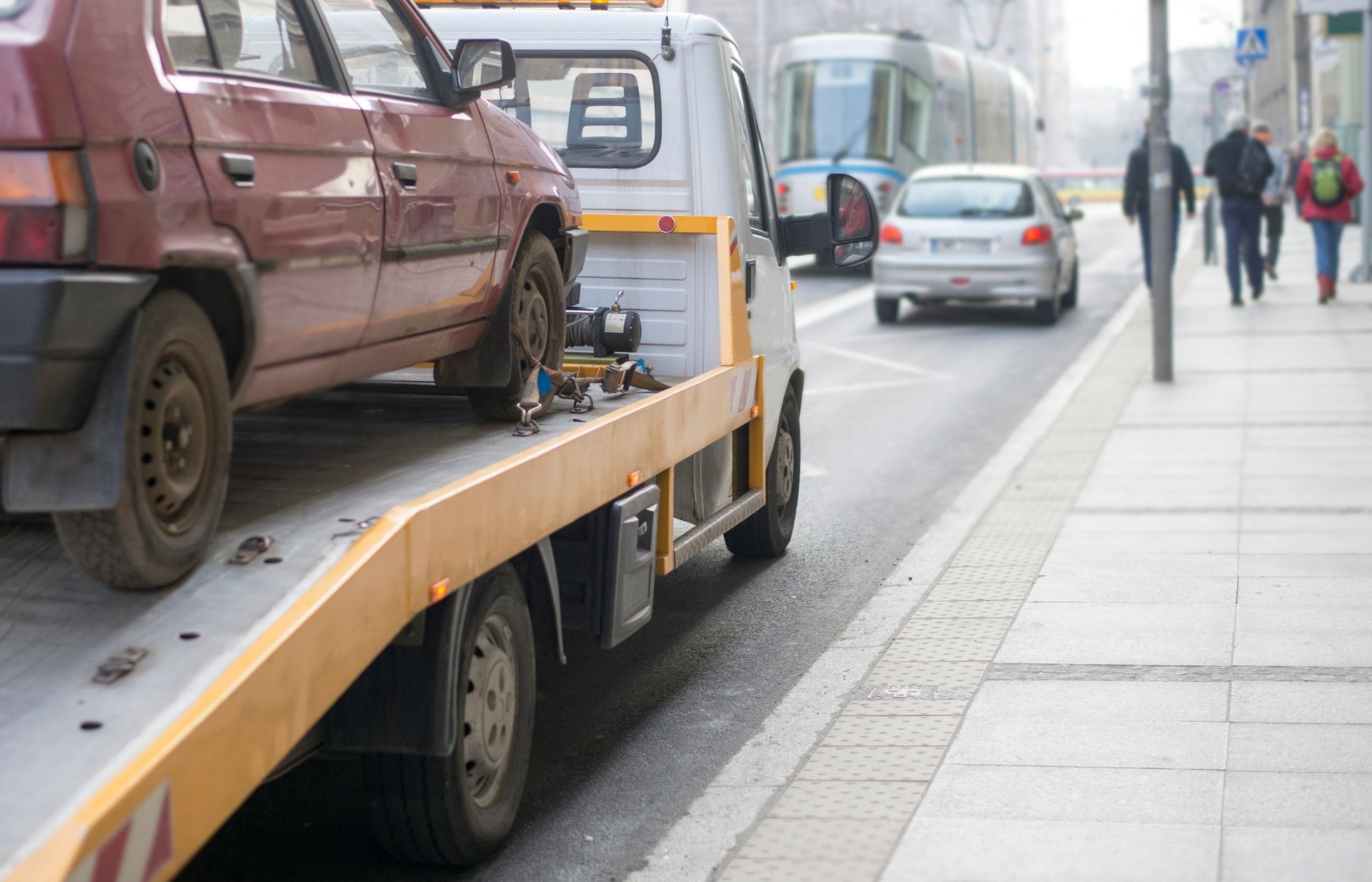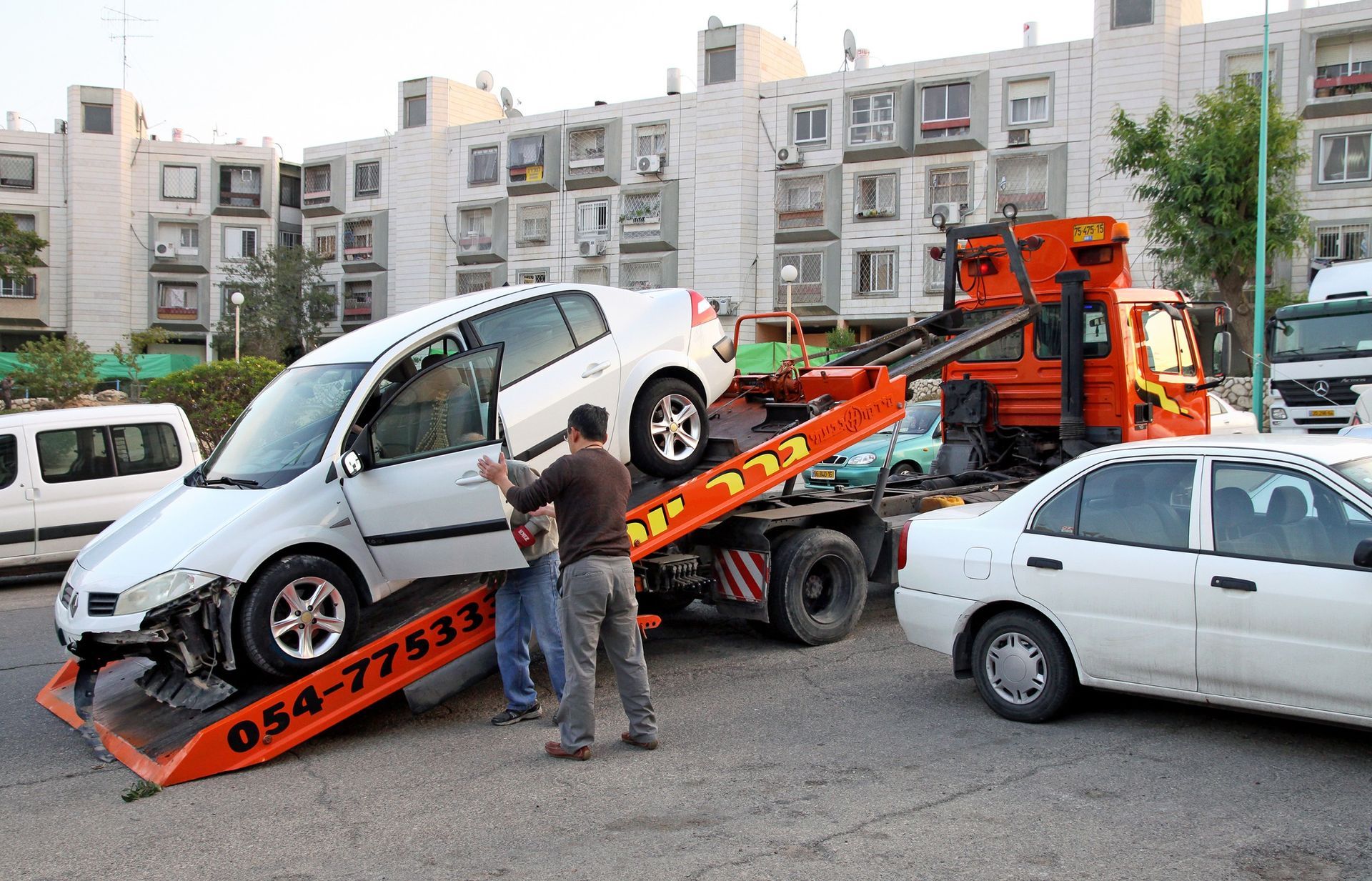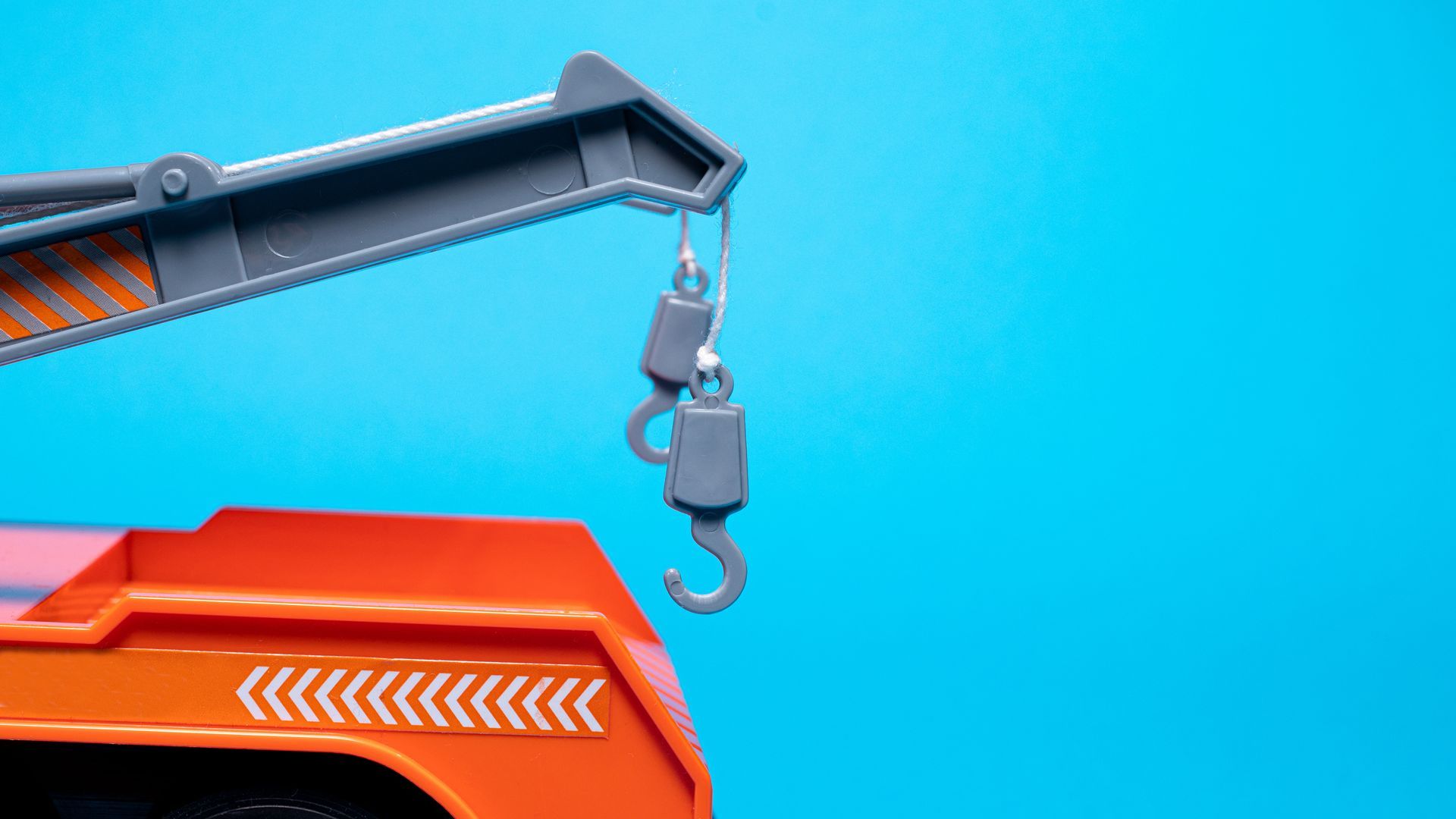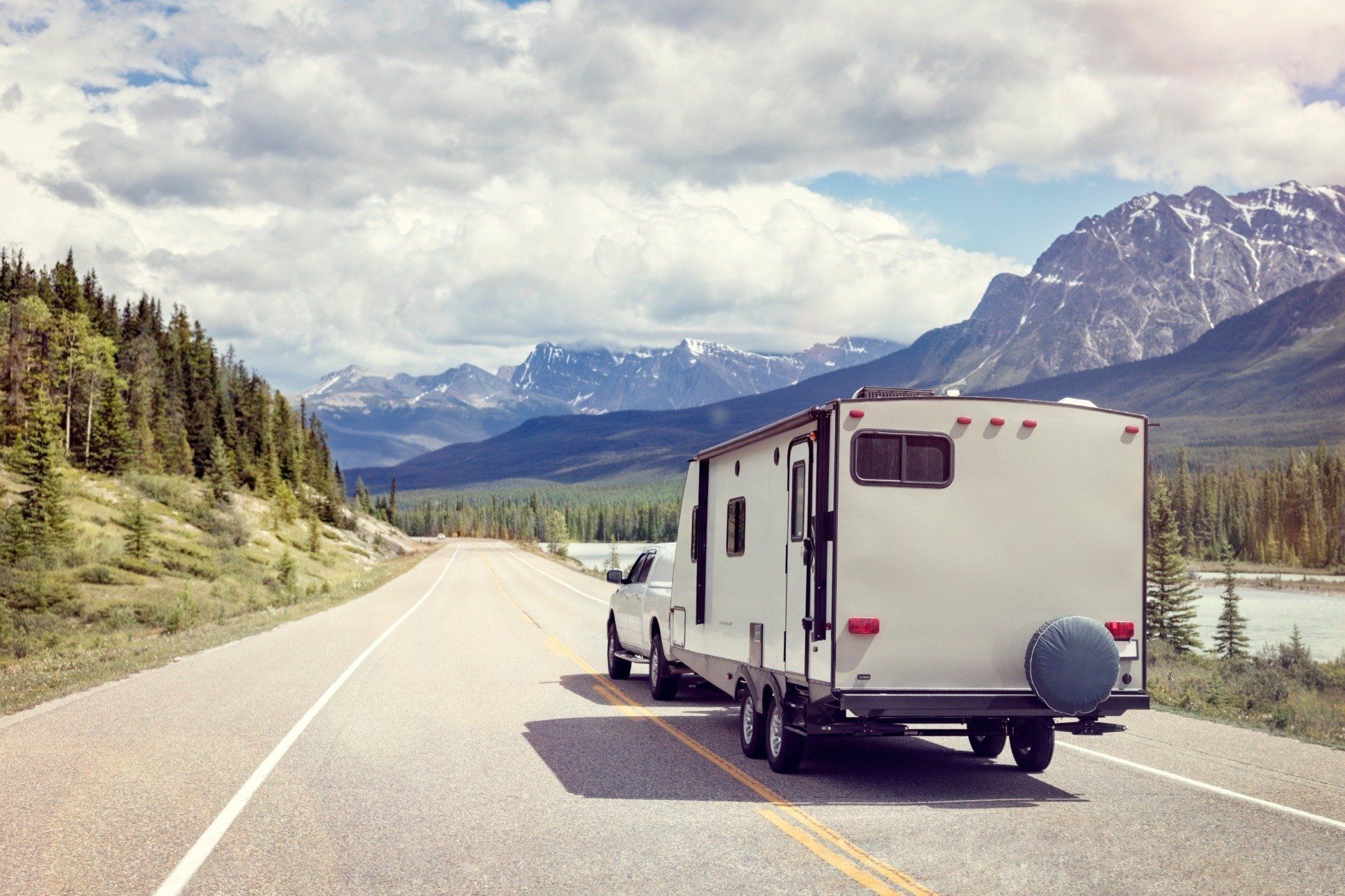How to Increase Tow Capacity
Whether you plan on towing a trailer with landscaping equipment, a motor home for a camping trip, or jet skis for a day out by the beach, every truck or RV owner should have a clear idea of what their towing capacity is – especially if you want to avoid accident, injury, or much worse.
A vehicle’s towing capacity refers to the maximum weight that it can safely – and legally – pull when towing a trailer. Every vehicle has a different towing capacity and towing anything over the allowed weight puts yourself, any passengers, and any other drivers on the road at risk.
The good news is there are quick and accurate ways of calculating your vehicle’s tow capacity – further ensuring you’re staying within safe and legal limits. Not only that, but there are several ways to increase tow capacity if you feel like you’re on the edge of what’s safe and/or legal.
How to Calculate Towing Capacity
Although you’ll have to do a little math, you can calculate your vehicle’s towing capacity by using the information located on the Safety Compliance Certification Label – also known as the door jamb label (sticker on the car door). Don’t worry, it’s easy math and won’t give you a headache.
There are two numbers you’re going to need when calculating your towing capacity:
- Gross Vehicle Weight Rating (GVWR) - the total weight of the vehicle and trailer, including all cargo, passengers, fluid, etc.
- Vehicle Curb Weight - the weight of just the vehicle, one driver, and the various fluids it takes to run the vehicle.
Once you have those two numbers, determining your vehicle’s tow capacity is simple – just subtract the vehicle’s curb weight from the GVWR. The number you’re left with is the tow capacity, meaning you should never tow more than that weight – doing so is extremely risky.

How to Upgrade Tow Capacity
While many people tend to push their limits when towing cargo, we highly suggest never coming within 10% of your overall towing capacity. This not only ensures your safety, but prevents any damage to the truck and any cargo it’s towing. It also keeps everyone else on the road safe!
Of course, there comes a time when you might need to increase the towing capacity to better suit your needs and desires. The good news is there are several ways you can try increasing towing capacity for those that need it and we’re going to share with you some of the best truck upgrades for towing:
1. Vehicle Programmer
Installing a vehicle programmer allows you to adjust the manufacturer’s settings in the vehicle’s computer. Since they’re usually defaulted to give the driver better fuel efficiency, these settings can be changed to give the car more torque and horsepower – which are needed when towing. It's one of the best towing upgrades.
2. Radiator Upgrade
Radiators play an essential role in preventing the engine and transmission from overheating during use. Keeping these vital parts cool is necessary when towing a lot of weight, which can easily be achieved by installing bigger radiators for both the engine and transmission.
3. Suspension Upgrade
As you can likely imagine, towing a lot of weight causes the back end of the vehicle to push down. By upgrading the vehicle’s suspension, you can better distribute this weight throughout the entire vehicle – providing a much smoother ride. Air suspension systems are usually best if you want to increase towing capacity.
4. Axle Replacements
Another way to increase max towing capacity is by replacing your current axles and differential with newer, more heavy-duty versions -- stabilizing the tow vehicle's frame. You can also consider replacing your truck parts with RV parts, but this is best done by a professional who can diagnose and analyze the situation.
5. Intake and Exhaust Upgrades
The intake and exhaust systems play a vital role in helping the vehicle ‘breathe’ better, which is essential to its overall performance – including towing capacity. Improving these systems, while also replacing your air filters with better ones, can give you a little extra horsepower and torque.
6. Braking System Upgrade
When you add weight to your tow, the harder it is bringing the vehicle to a stop. That’s why upgrading your brakes is recommended, ensuring they can handle the added stress, heat, and friction. You can also consider electronic braking systems and trailer brake control systems.
7. Trailer Hitch Upgrade
Our final tip when increasing your truck's towing capacity is upgrading the hitch. There are several types of hitches available and they’re each designed for a specific weight. You can also consider a weight distribution hitch, which helps to better distribute the added weight and stress.
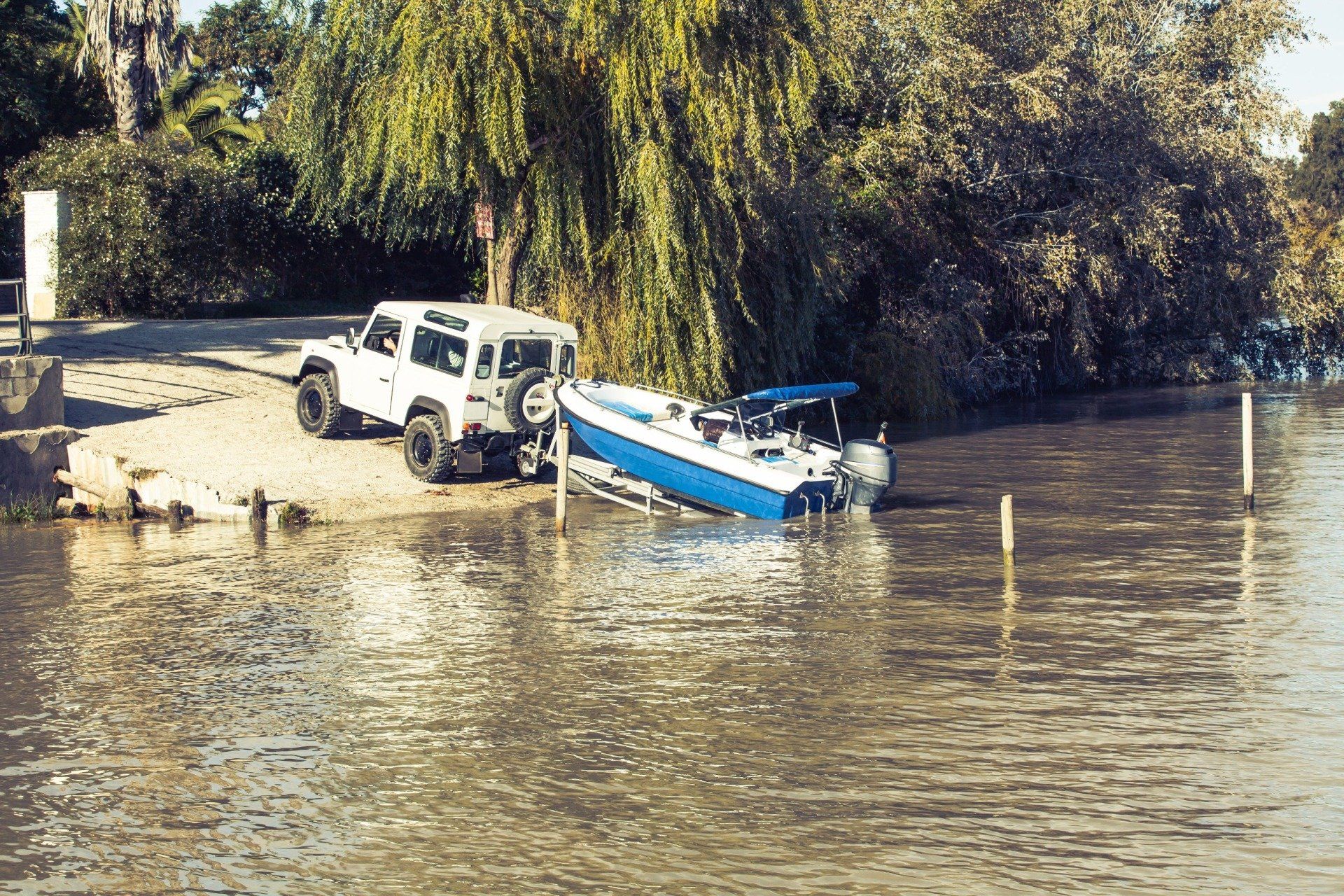
What Happens If You Exceed Maximum Towing Capacity?
Much like everything else in this world, towing anything from point A to point B is an art form. There are a lot of factors that must be considered and failing to do so could be disastrous – often resulting in harm to you, your tow vehicle, your loved ones, and other drivers on the road.
Here’s a look at some of the things that could go wrong if you tow more than capacity:
- Overheating the engine, brakes, motor, and other parts in the car
- Wear out the tires much quicker than normal
- Difficulty maintaining control of the vehicle can lead to an accident
- Truck squatting, which occurs when the back end of the vehicle starts to lower too much
- Stopping distance will be increased, which can result in an accident
- Legal trouble and fines, depending on the specific laws in the state you’re driving in
- Brake failure and other performance issues that put your vehicle at risk
Of course, all of this can be avoided by towing responsibly, understanding your tow capacity and how much you’re trying to tow, ensuring you make the necessary upgrades before towing, and checking everything twice – just to make sure. The last thing you want is a damaged vehicle!
Are You Stuck On the Side of the Road?
We always preach safety, but we understand that sometimes things go south unexpectedly – calculations might be wrong, loads shift when in transit, and bad days happen. The good news is you have people like us – All In Towing – to help you out of a tough situation, when needed.
All In Towing services the Las Vegas community with best-in-class light- and medium-duty towing. We’re available 24/7 and guarantee a fast response time, ensuring you’re not stuck on the side of the road for long. To request a tow truck out to your location, contact us right away!



